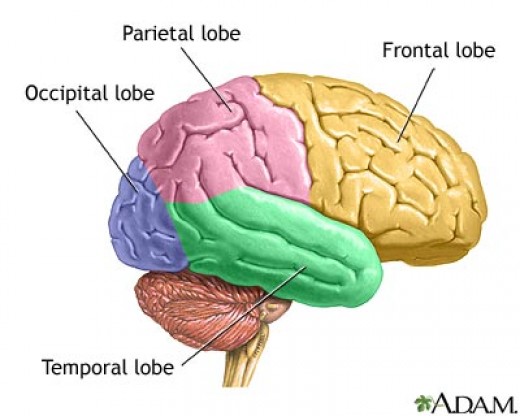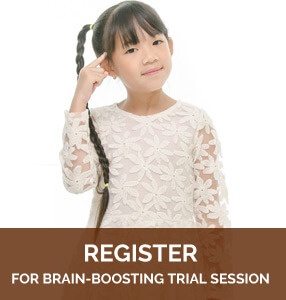I’m sure most of us have heard of our eyes being the window to our soul. But did you also know that our eyes are the window to learning? 80% of a child’s learning comes through the eyes (Prairie Vision Center, n.d.). That is to say, the majority of us learn by looking.
Reading is a task that relies heavily on visual skills. Children would need good visual skills to be able to read though a long passage at the same time understanding the information presented.
Answering Math questions relies on visual skills too. Being able to read 6 + 2 as 6 +2 and not 9 + 2 requires the ability to discriminate between numbers. Problem sums is an area in Math that requires the child to read and comprehend the question before being able to answer them. Many times, children dread this component because lack adequate visual skills.
Learning Chinese characters requires a great deal of visual skills to be able to discriminate between similar characters. To understand a Chinese passage and to answer comprehension questions accurately, the child has to first be equipped with visual skills that would help him/her “get pass” the chunk of Chinese words.
In Science, we learn to classify things around us. Classification can only take place when the child knows the properties or characteristics of the things. For example, reptiles are distinguished by their dry scaly skin while birds have feathers. Children have to see the skin textures to understand what “dry scaly skin” is like.
Suffice to say, visual skills are very important for learning.
Therefore, before we start drilling more books and such to improve reading skills, you might consider practicing visual skills.
We have compiled a list of activities and resources (found online) that would help to improve your child’s visual skills.
Activities
- Line Tracking (Similar activity can be carried out by drawing the lines for your child)
- Flitting Butterfly (Do this activity for no more than 3 minutes. You can challenge your child by adding 10 seconds after each session, starting with 30 seconds)
- Maze Craze (An interactive activity that teaches Science and uses visual skills)
- Letter Match (Suitable for younger children, aged 5 to 6, to learn to discriminate between letters)
Resources
- Learning how to draw (Learning to draw by following step by step instructions help to improve the child’s visual skills)
Hope you would find these useful!









